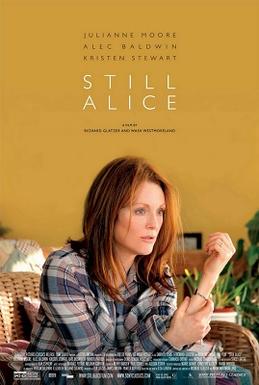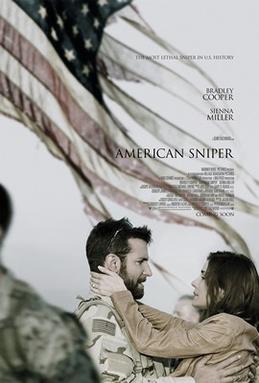 Perhaps it is fitting that I waited until after Parks and Recreation was over to write about it on the blog. Now I can just exhort you to bingewatch your way through all seven delightful seasons and fill the hole in your heart that you did not know existed.
Perhaps it is fitting that I waited until after Parks and Recreation was over to write about it on the blog. Now I can just exhort you to bingewatch your way through all seven delightful seasons and fill the hole in your heart that you did not know existed.
Set in the fictional small town of Pawnee, Indiana, the show started out as the tale of Leslie Knope (Amy Poehler), the deputy director of the Parks Department, who is an unabashed champion of small town government with huge ambitions to make her way up to the upper echelons of Washington. She is intelligent and driven (sometimes obnoxiously so) and the first season of six episodes was a little uneven as it focused on Leslie's dream of transforming a pit into a park while she got no help from her unmotivated colleagues. However, as the show progressed, the show became a true ensemble comedy, fleshing out the weirdos who made up the rest of the Parks Department and giving us some classic sitcom characters.
There's Leslie's boss, Ron Swanson (Nick Offerman), a libertarian who will do anything he can to thwart government interference in his life and in the Parks Department. He is a rugged, taciturn man who has surprisingly sweet and warm facets to his character, and the unlikely friendship between him and the government-loving, hyper-optimistic Leslie was a cornerstone of the show for all seven seasons. Then we have Ann Perkins (Rashida Jones), the woman who eventually becomes Leslie's best friend, and serves as an example of how all women should build their friendships. They love each other, fight and make up, and then have glorious celebrations like Galentine's Day (a concept that is now embraced by me and my friend Laura in real life). The other two fabulous women that make up the department are sullen intern April Ludgate (Aubrey Plaza), who seems like Ron's grumpy heir but develops into a startlingly competent leader under Leslie's expert mentorship; and Donna Meagle (Retta), a woman who lives life to the fullest, has no regrets, and might just be the most interesting woman in the world, except that we only hear bits and pieces about her escapades.
Next up is Tom Haverford (Aziz Ansari), the hyper materialistic dreamer who is always looking for an angle to become a rich mogul but tends to just fall flat on his face. He and Donna gave us the brilliant concept of Treat Yo Self, a day when you just go splurge on whatever it is that will make you happy. The opposite of Tom is Andy Dwyer (played by the now superstar Chris Pratt), Ann's hapless, no-good boyfriend at the beginning of the show, who quickly developed into a sweet puppy-dog-like joyous character who fell in love with the pessimistic April and became an integral part of the show. And then there's Jerry/Larry/Terry/Garry Gergich (Jim O'Heir), the office punching bag who always cheerfully deals with the meanness of his colleagues and is just bizarre and wonderful.
In the third season, Rob Lowe and Adam Scott joined the show as Chris Traeger and Ben Wyatt. Chris was a health-obsessed, perennially perky man who eventually ended up with Ann. And Ben became Leslie's love interest, sparking a romance that resulted in genuinely moving moments and breathtakingly romantic declarations that always kept the show sweet and soulful. Ben and Leslie complement each other beautifully, sharing similar passions and ambitions, both incredibly nerdy in their own ways. They are politically engaged, ambitious, supportive, and most importantly, willing to drop everything to help their friends.
The series finale of Parks and Recreation was a perfect swan song. The final season was set three years in the future in 2017, but the finale flashed forward even further, depicting what happened to each of these characters and perfectly encapsulating their hopes, dreams, and ideal happy endings. This is a testament to the show's writers and show runner Mike Schur, who have always imbued this show with a brilliant sense of humor and a heaping dose of unparalleled sweetness and charm. Both onscreen and off, this was a show with kind, wonderful, and goofy people, who worked together, supported each other, and ultimately achieved their goals through sheer determination and teamwork. While I'm sad to see it go, I will be eternally grateful for the seven years I got to spend in Pawnee.


_poster.jpg/220px-Big_Hero_6_(film)_poster.jpg)

